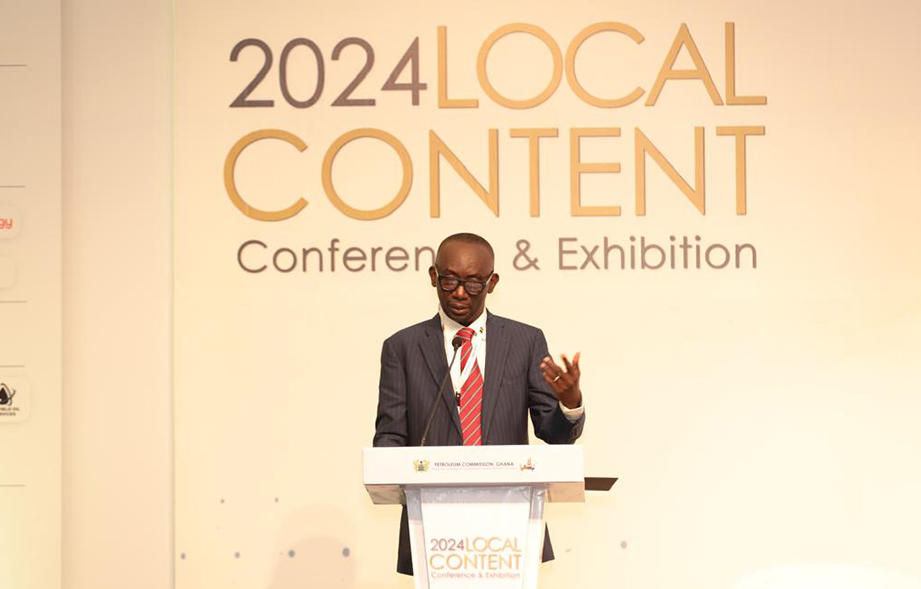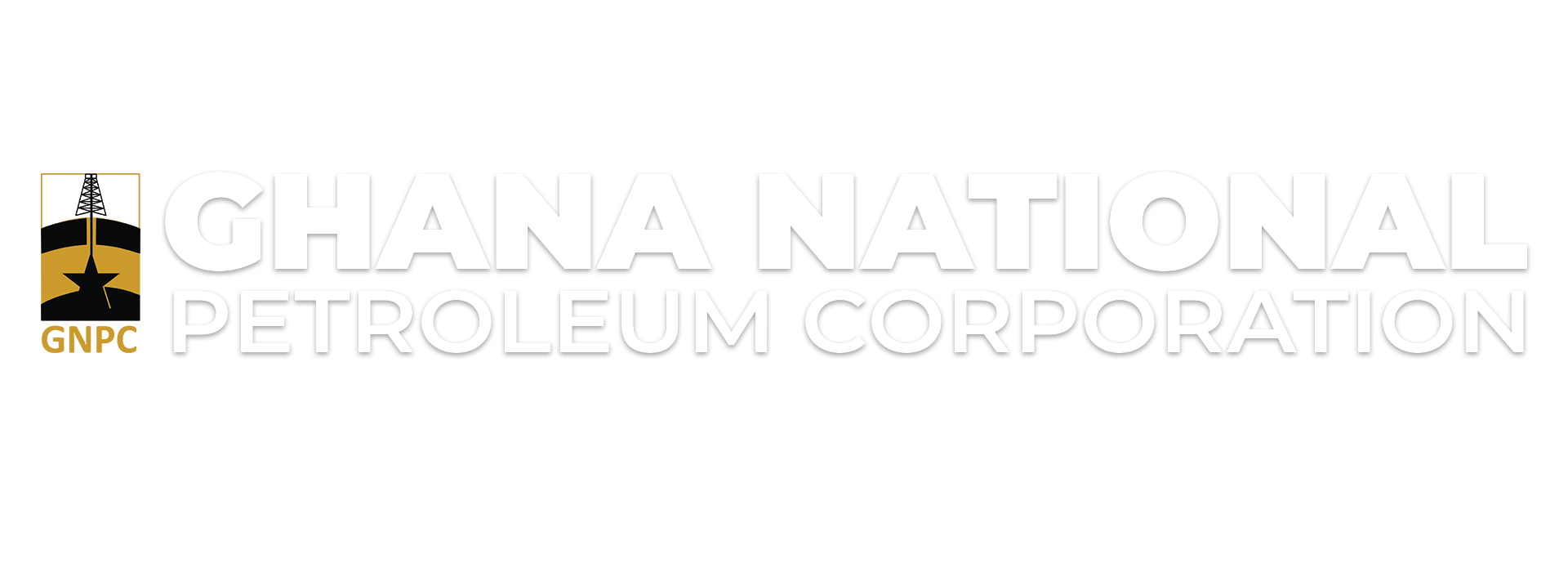
Building Local Capacity: GNPC Outlines Strategies for Navigating the Energy Transition at LCCE24
Dr. Kwame Baah-Nuakoh, GNPC’s General Manager for Strategy & Investment, has reaffirmed GNPC’s belief in the continued relevance of oil and gas to Ghana’s economic development. Speaking on behalf of GNPC’s CEO, Joseph Dadzie, at the 2024 Local Content and Exhibition Conference in Takoradi, Dr. Baah-Nuakoh emphasized the corporation’s commitment to sustainably developing Ghana’s oil and gas resources while navigating the global energy transition.
He acknowledged the global shift toward cleaner energy but underscored the importance of a “just transition” that considers the unique development needs of Africa and other developing regions. “GNPC supports a transition that allows Africa to utilize its natural resources for development at a pace that ensures no country is left behind,” he stated.
Dr. Baah-Nuakoh highlighted the significant implications of this energy transition for the oil and gas sector, noting that Ghana, like the rest of Africa, must build local expertise in financing, technology, and markets to manage its energy resources sustainably. He reiterated GNPC’s dedication to this goal: "We are working with our partners, both in producing and non-producing fields, to ensure Ghana maximizes the benefits of its oil and gas resources.”
On the issue of financing, he shared that GNPC is actively pursuing alternative funding sources to support its operations and subsidiary, Explorco, as it continues to explore new fields. He pointed to ongoing work across various sites, emphasizing the Corporation’s focus on ensuring Ghana derives optimal value from its resources.
Dr. Baah-Nuakoh also addressed the importance of viewing local content from a broader, Africa-wide perspective. He stressed that in the face of potentially stranded resources in more advanced economies, Africa must collaborate to create domestic and regional markets for its energy resources. He cited initiatives such as the West Africa Gas Pipeline project as examples of cross-border collaboration, which could serve as a model for future developments.
Regarding technology, Dr. Baah-Nuakoh highlighted the need for Africa to invest in homegrown technological solutions for the oil and gas sector. “The more developed economies may not be as willing to invest in fossil fuel technologies. It is therefore crucial for Africa to develop its technologies to remain competitive in this sector,” he noted. He pointed to GNPC’s partnerships with other national oil companies, including recent agreements with Congo’s SNPC and similar collaborations with Angola and Algeria’s Sonatrach, as examples of how GNPC is leveraging regional expertise to support its exploratory activities in Ghana’s Voltaian Basin.
To conclude, Dr. Baah-Nuakoh called on stakeholders in Ghana’s oil and gas sector to view local content not as a cost burden but as a key driver of business growth. He urged the industry to capitalize on the opportunities presented by local content to build capacity and ensure the long-term sustainability of the sector.



